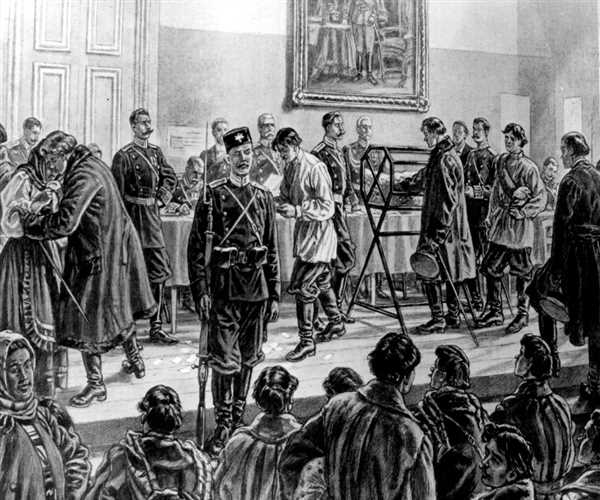On April 6, 1917, the United States entered World War I, joining the Allies in the fight against the Central Powers. American involvement in the war would have a profound impact on the country, both at home and abroad.
The American Revolution was a time of great transformation for the young nation. The War for Independence not only changed the landscape of the country but also the way that Americans thought about themselves and their place in the world. The Revolution was a time of great social and political change, as well as economic transformation.
In the years leading up to the War for Independence, the American colonies were in a state of flux. The British Empire was in decline, and the colonies were becoming increasingly restless. The Stamp Act of 1765 and the Townshend Acts of 1767 sparked protests and riots in the colonies, and many Americans were beginning to question their place within the Empire.
As the tensions between the colonies and the mother country began to boil over, the colonists began to prepare for war. The Continental Army was formed, and George Washington was chosen as its commander-in-chief. The colonies began to raise militias, and stockpiles of weapons and supplies were amassed.
The War for Independence began in April of 1775, with the Battles of Lexington and Concord. The fighting would continue for six long years until the signing of the Treaty of Paris in 1783. During the course of the war, the colonies would gain their independence from Britain, and the United States of America would be born.
The War for Independence was a time of great change for America. The country was transformed from a colony of the British Empire into a sovereign nation. The war also had a profound impact on American society. The mobilization for the war effort led to a significant increase in manufacturing and industry in the United States. The war also spurred a wave of westward expansion, as Americans began to settle in the newly acquired territories of the Northwest.
The War for Independence was a watershed moment in American history. The young nation was transformed by the war, and the experience would shape the country for generations to come.
Short-term and long-term effects of this mobilization

In the months leading up to America's entry into the war, the government began to mobilize for the conflict. This involved enacting a draft to ensure that the country had enough soldiers to fight, as well as increasing the production of weapons and other supplies. To finance the war effort, the government also instituted new taxes.
All of these changes had a significant impact on American society. For one, the draft meant that many young men were suddenly drafted into the military, leaving their families and homes behind. This had a ripple effect on the economy, as businesses lost workers and had to make do with less.
The war also led to a rise in patriotism, as Americans banded together to support the troops and the war effort. This was evident in the widespread use of patriotic symbols, such as the flag, and in the efforts of civilians to help with the war effort, such as by growing victory gardens.
Unfortunately, the war also had a dark side. The draft led to riots in some cities, as people protested the loss of their loved ones. There was also a rise in anti-immigrant sentiment, as many Americans blamed foreigners for the country's involvement in the war.
Overall, the First World War had a profound impact on American society. The country was transformed by the mobilization of the conflict, and the effects of the war would be felt for many years to come.